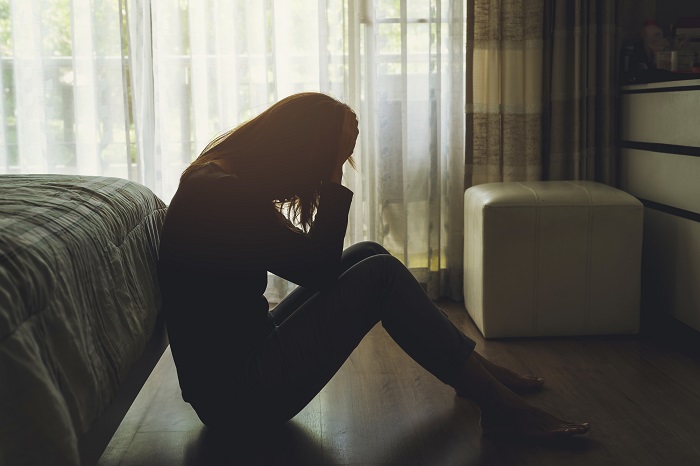So you are not infected but you are in lockdown and watching the news. You just might feel too anxious to sleep well. You are not alone, though.
A study last month found nearly 76 in 100 Americans are facing the same problems, by their own account.
They have seen their sleep affected by the coronavirus pandemic. Only 23 in 100 said the pandemic hasn’t affected their sleep.
The study was conducted by US-based SleepStandards. Researchers surveyed 1.014 Americans aged between 18 and 65 years. Some 56 in 100 of the respondents were female, others male.
So why does the pandemic make it difficult for Americans to sleep?
Understandably, more than 969,000 people have tested positive for coronavirus in the US, and nearly some 49,900 have died. More than 80,000 have recovered. But that is not making sleep any easier for Americans.
Forty-eight in 100 Americans feel “anxious about what is happening”, the survey found. Another 26 in 100 worried about the safety of their loved ones. Twenty-three percent of Americans cited “loneliness” making it harder for them to sleep. Another 23 percent had “inconsistent sleep schedule”.
The study also asked how length of sleep has changed for americans. For 22 in 100 americans, there has been “no significant change in their sleep duration” in the wake of the pandemic.
Nineteen in 100 American sleep more compared to period before the pandemic.
But 58 in 100 Americans sleep at least one hour less every night, compared to period before the pandemic.
As many as 70 in 100 thought agree that lack of sleep makes them more vulnerable to coronavirus.
“Adequate sleep is crucial to optimum immune system functioning, so it makes perfect sense why 70% of people said lack of sleep makes them more vulnerable to Coronavirus,” says Nicole Johnson, president and lead consultant for The Baby Sleep Site.
“I’m actually surprised it’s not closer to 90%. After all, when you are recovering from an illness, doctors all agree you should get ‘plenty of rest!’”
Reports of inadequate sleep haven’t gone unnoticed. It has gained traction as #pandemicdreams on social media, a collection of the weird and strange dreams the pandemic is eliciting in people right across the world.
Meredith Juliet shared hers on Twitter. “My #PandemicDreams are so crazy like I am getting a full story with a beginning, middle, and end. Pretty sure Michael Scorsese is directing them. There is usually mystery and animals. The cast comes from the most random parts of my life. Exciting!”
Emmy-winning investigative journalist Jean Guerrero said, “I had a dream I was stuck in an elevator that broke and began to plummet and plummet and plummet, and wouldn’t stop. Sounds about right. #pandemicdreams”
Experts think what’s happening is people are waking up more often in the night—and remembering more dreams.
One thing Americans are doing is taking things into their hands to catch up on the zzzzs. Up to 46 in 100 of them “avoid watching news and reading about coronavirus” and another 40 in 100 would rather read before going to bed.
Twenty-seven percent use sleeping supplements to help them improve their sleep in the face of coronavirus pandemic, and 21 in 100 turn to meditation or yoga.
But 16 in 100 “have sex before going to bed” to help them sleep better.
“I hope more Americans who are non-essential workers and finding themselves at home take this opportunity to catch up on some much-needed sleep in order to optimize their immune system,” says Johnson.
“Encouraging their babies and children to get adequate sleep is also important to help their families during this stressful time.”

 Join Daily Trust WhatsApp Community For Quick Access To News and Happenings Around You.
Join Daily Trust WhatsApp Community For Quick Access To News and Happenings Around You.


